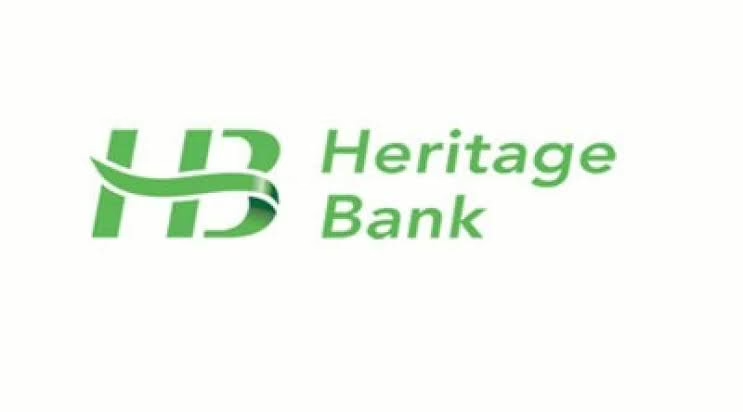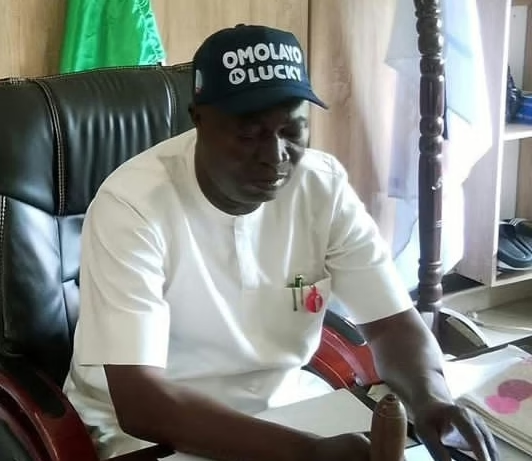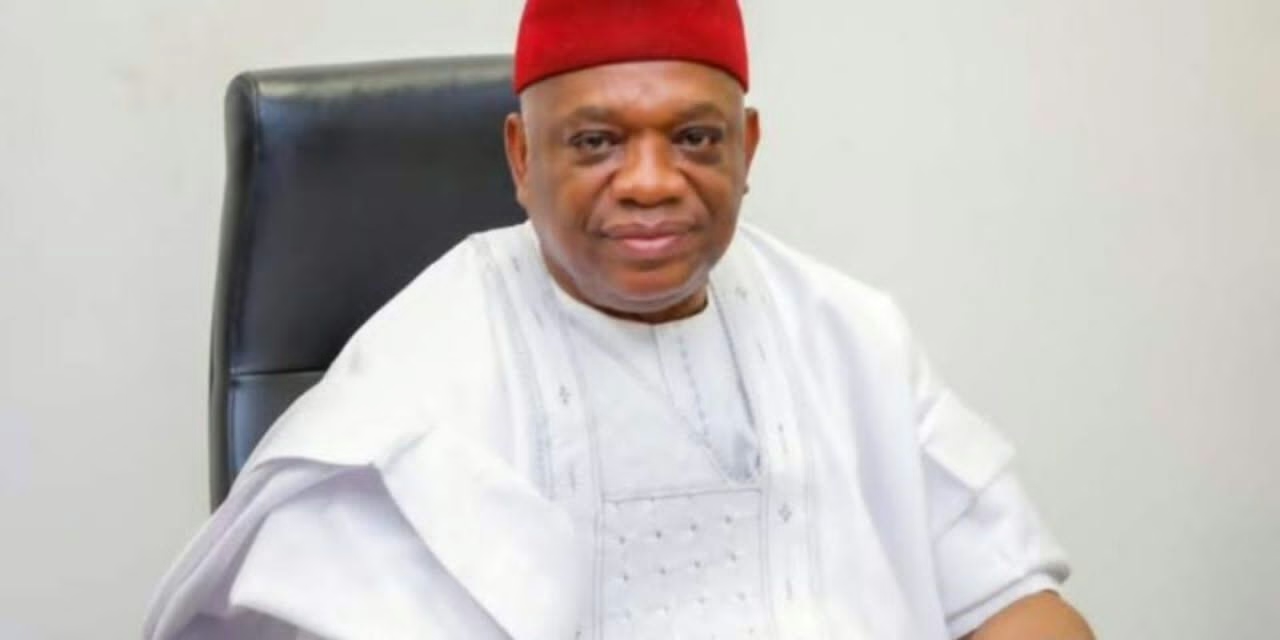The suspension of Heritage Bank’s operating licence by the Central Bank of Nigeria (CBN) has led to the freezing of about $5.7 million allocated to Yobe State under the World Bank’s Multi-Sectoral Crisis Recovery Project, which supports the recovery efforts in northeastern Nigeria.
According to a restructuring report on the project obtained by Sunday PUNCH, the funds became inaccessible following the revocation of Heritage Bank’s licence in June 2024. So far, Yobe State has managed to recover only around $0.5 million of the total allocation.
As reported by The PUNCH, the report also indicates ongoing efforts by the World Bank team, in conjunction with financial advisors, to find an effective way to retrieve the remaining $5.2 million.
“Following the CBN’s withdrawal of Heritage Bank’s licence on June 3, 2024, approximately $5.7 million allocated to Yobe State remained frozen. However, the state was able to recover over $0.5 million of the funds,” the document revealed.
“We are working with the World Bank Financial Advisory team to determine the best strategy for recovering the remaining balance.”
The Multi-Sectoral Crisis Recovery Project, which began in 2017 and is set to conclude on May 31, 2025, aims to enhance access to vital services and livelihood opportunities in the conflict-affected states of Adamawa, Borno, and Yobe.
Despite security challenges, the project has fully disbursed $378.2 million and achieved full utilisation of funds.
However, with the project officially closing on May 31, 2025, it appears unlikely that the frozen funds will be accessed in time to benefit Yobe State.
The initiative has positively impacted over 1.4 million people by improving livelihoods and providing essential infrastructure such as roads, health centres, and schools.
Almost 2,000 subprojects—including roads, bridges, schools, and water and sanitation facilities—have been completed, although some road projects in Adamawa and Yobe remain unfinished due to security concerns.
While the World Bank has rated the overall project performance as satisfactory, the suspension of Heritage Bank has presented challenges in fund access, especially affecting Yobe State.
The report also highlights cooperation between the project team and World Bank financial experts to speed up the recovery of frozen funds and avoid delays in ongoing activities.
Despite these difficulties, the project has met key targets, benefiting over 1.3 million individuals whose livelihoods have improved, with women making up 49% of those involved in peacebuilding and social cohesion efforts.
Infrastructure improvements have enhanced service delivery for more than 2.5 million people, with rehabilitated schools and healthcare centres boosting education and health outcomes.
The report further notes that technical assistance has helped strengthen the capacities of researchers, educators, and community leaders, supporting sustainable recovery efforts in the Lake Chad Basin.











Leave a Reply